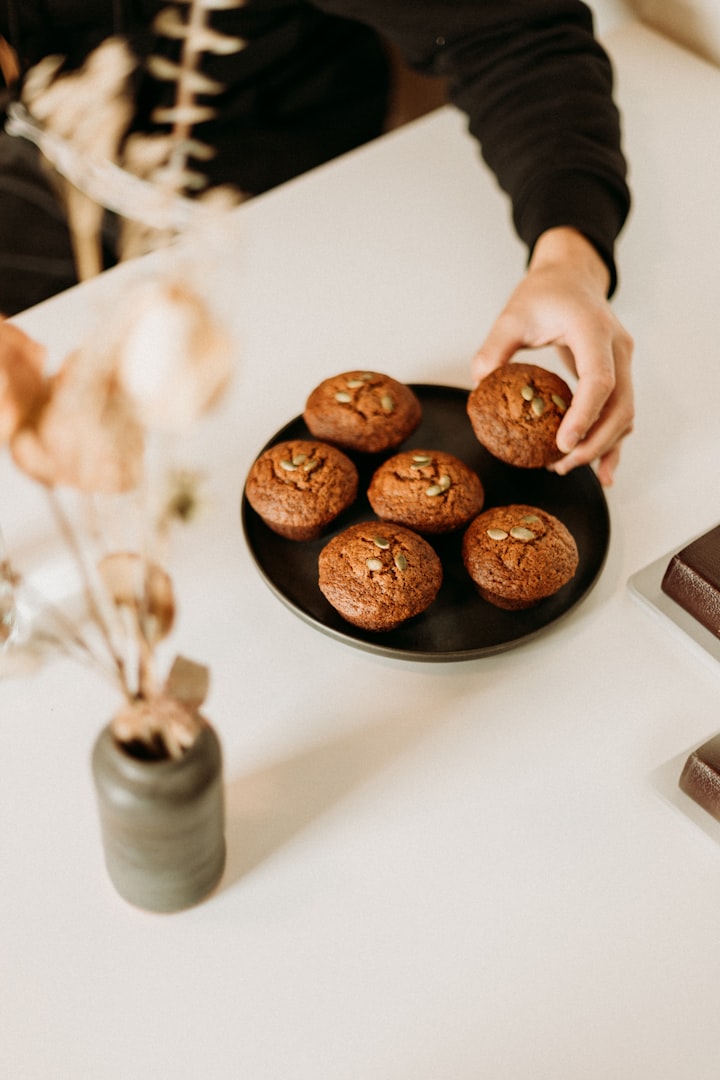
Earlier this year, Rick Easton, the proprietor of the Jersey City bakery Bread and Salt, co-authored (with his wife, the food writer Melissa McCart) a book called “Bread and How to Eat It.” Though it includes recipes for sourdough and pizza bianca, it’s mostly about what you can do with the professionally baked stuff: make toast and sandwiches when it’s fresh, croutons and bread crumbs after it’s gone stale. “Personally, I think people who bake bread at home are nuts,” Easton writes. “It’s time-consuming. It’s inefficient. Home ovens aren’t designed to bake bread. . . . Plus, why make your own when you can buy something great from your local bakery, as people have for thousands of years?”
Easton’s point can be read as self-interested, sure, but I tend to agree with him, especially given the ongoing rise of excellent bakeries in New York. His idea rings truer still when applied to what the French call viennoiserie: yeasted, enriched baked goods, such as brioche, cinnamon buns, and croissants, the last of which also requires the incredibly labor-intensive process of lamination—carefully layering sheets of dough with sheets of butter, to create tender flakiness.
A rhubarbcustard Danish and a scallionsesame bun from Radio Bakery.
A rhubarb-custard Danish and a scallion-sesame bun from Radio Bakery.
You might say that alf, a bakery that opened in April, in Chelsea Market (75 Ninth Ave.), specializes in lamination. Amadou Ly, who worked previously at Arcade Bakery, laminates not only all the expected viennoiserie—his Danishes are especially wonderful, including a recent iteration topped with satiny panna cotta, perfectly poached rhubarb, and basil—but also baguettes, encasing long, shapely loaves in sleeves of croissant dough. A laminated baguette does not prove, in my experience, an ideal accompaniment to a roast chicken, which is perhaps my favorite way to eat a baguette: the texture is wrong, not crusty and craggy enough. But it does level up the classic scenario of baguette as morning-coffee companion, spread thickly with butter and jam, melding the richness of a croissant with the chewiness of bread. Ly’s laminated brioche, meanwhile, makes for a wonderful chicken sandwich, a whole, small rectangular loaf split and stuffed with thin slices of cold meat plus silky roasted red peppers, Coquillo black olives, arugula, pickled onion, and capers, overflowing from crackly, snaking twists of pastry. His excellent Tunisian Tuna sandwich (a.k.a., in Tunisia, a fricassée; Easton includes a recipe in his book) is open-faced, on a thick slice of tangy sourdough, the fish dressed in a brightly peppery harissa mayo and topped with heirloom tomato, cucumber, capers, hard-boiled egg, and Coquillos.
A rosepistachio croissant.
Librae Bakery’s rose-pistachio croissant.
Ly also makes a classic ham-and-Gruyère on his traditional, non-laminated baguette. Both bread and sandwich are great, but I was even more impressed by the ham sandwich at Radio (135 India St., Brooklyn), another new bakery, in Greenpoint. Radio, from the team behind Rolo’s, in Ridgewood, Queens, skews more Italian than French: instead of baguette, there is a phenomenal stirato, a variant of ciabatta, longer and thinner (more like its French counterpart), and made here with a super-hydrated dough, which gives it a squishy, stretchy crumb. The ham is paired with a potent rosemary compound butter; for another sandwich, lovely and light, the stirato is layered with roasted cauliflower or squash, green tahini, peperoncini, and a generous amount of fresh dill.
There is plenty of viennoiserie here, too, including a savory coiled croissant streaked through with ’nduja, the spicy, spreadable pork sausage; a triple-chocolate croissant; and a supremely crisp twice-baked pistachio croissant. It says a lot about New York’s bakeries that the latter, though topnotch, is not my favorite pistachio croissant in the city: that designation goes to the one at Librae (35 Cooper Square), in the East Village, where the viennoiserie has a Middle Eastern bent. Librae’s croissant incorporates rose water in its pistachio filling, and dried rose petals are sprinkled atop a thick stripe of chopped pistachio that arches along the top. I would never in a million years attempt to make it myself. (Viennoiserie and sandwiches range from $4 to $18.) ♦





Comments
There are no comments for this story
Be the first to respond and start the conversation.